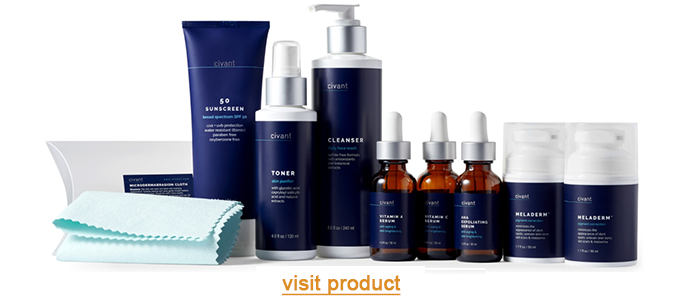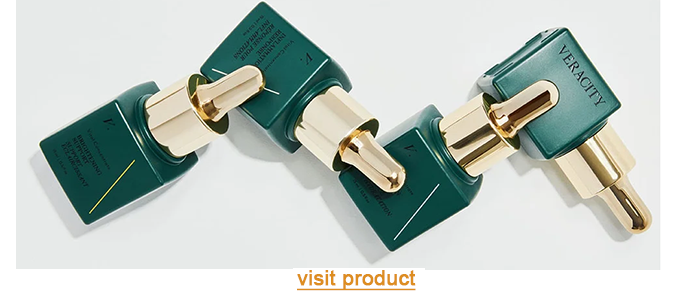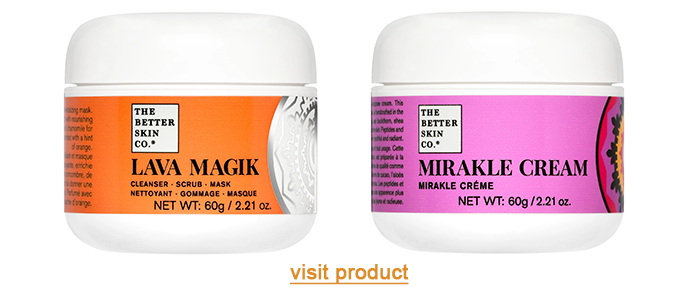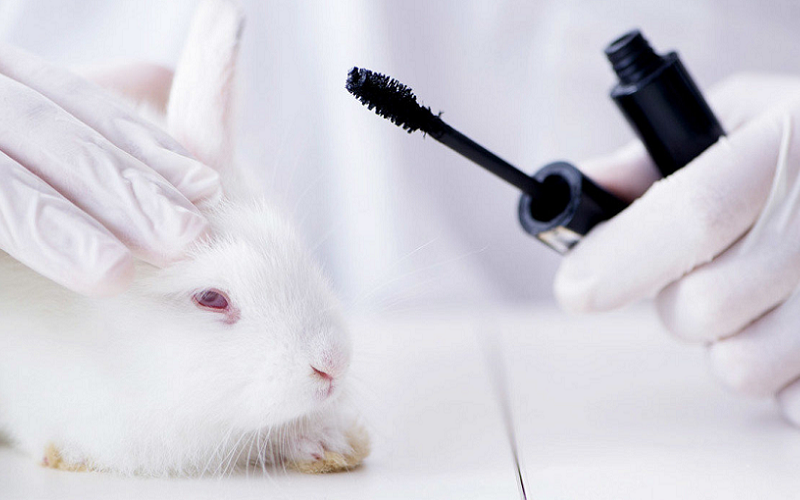
Whenever you have a good examination of the labeling on your skincare items, one key phrase you likely will be encountering much more of nowadays is cruelty-free. If you are interested in the behind the curtain strategies of the skincare corporations you order goods from, then cruelty-free is decidedly an expression you’ll really want to find out a lot more about.
People think that cosmetic and skincare items won’t be tested with the use of animals these days. Often times though, this is not true. Several organizations continue to carry out tests on animals currently, whether on their own or by paying for animal experiments.
What Does Cruelty-Free Mean for Cosmetics?
Cruelty-free is a phrase that signifies that animal testing is precluded in each step of the manufacturing procedure of a cosmetic item. Because of this, an item that is cruelty-free is not automatically vegan, for example a product line that isn’t tested using animals but includes milk or honey.
Cruelty-free cosmetics pertains to goods which are manufactured without having testing with animals. Assessing cosmetics on animals to establish their health and safety for human usage in truth has an extensive record in the United States. Testing with animals initiated in 1938 due to the U.S. Food, Drug & Cosmetics Act, which called for cosmetic manufacturers to establish that their cosmetics were risk-free for buyers to work with.
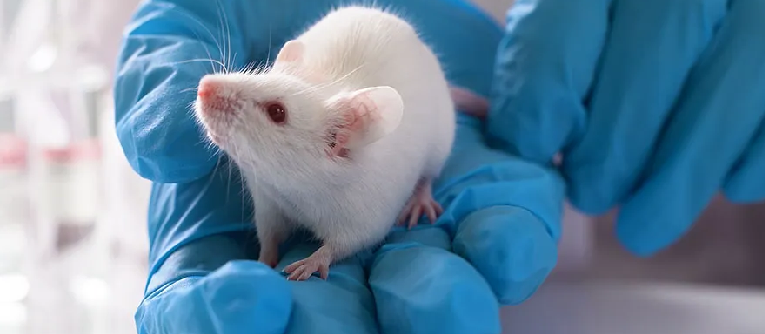
The FDA does not categorically mandate testing with animals, but testing products on the skin and in the eyes of animals was a method that cosmetic companies selected to establish the well being and safety of their product lines, and the Draize irritancy test grew into a benchmark in the cosmetic field for many years. Given that these kinds of tests may be considered to be callous for the animal test subjects, animal rights groups pushed for options to animal testing throughout the years.
At this time, quite a few manufacturers relinquish conventional animal testing and as an alternative depend on methods including computer modeling to ensure that their items are harmless for use by humans.
What Are Vegan Cosmetics?
If a cosmetic item is listed as vegan, it indicates that it consists of no substances obtained from animals, which are oftentimes featured in cosmetic products and skin care products. Various examples involve carmine (a crimson pigment made from mashed bugs), substances derived from bees which include beeswax or honey, lanolin, and some types of hyaluronic acid, glycerin, and retinol.
Vegan cosmetics categorizes products that don’t incorporate any animal-derived (such as cholesterin, gelatine, or collagen) components or animal by-products (including honey or milk). The designation “vegan” isn’t governed by law and is most often utilized when product lines do not include any compounds obtained from animals. In general, fremented skincare falls into this category.
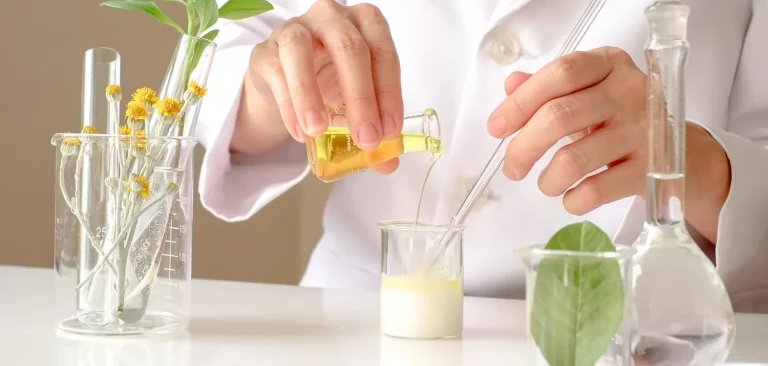
Does Cruelty-Free Signify Vegan?
What is the big difference between cruelty-free and vegan cosmetic products is? Let’s get a better look here.
A lot of people conclude that vegan often signifies that the cosmetic items are compounds that have not been experimented with animals. Bear in mind, the vegan moniker doesn’t signify that such products haven’t been tested using animals. A vegan skincare product is not necessarily cruelty-free.
Of course, there are many businesses that develop vegan skincare products that are additionally cruelty-free. Frequently, products and/or complete product lines come with a documentation that attests to the point they are vegan like the Vegan Society seal of approval.
To summarize:
- Cruelty-free: Isn’t tested with animals
- Vegan: Will not incorporate animal-derived substances
There Are Benefits of Going Cruelty-Free With Cosmetics
All over the world, 125,000 to 250,000 animals suffer and die in animal research experiments yearly. Most often, the animals chosen are mice, bunnies, rats, and guinea pigs. All these animals are little more than contrivances for experiments, and they waste away in distressing tests. At the end of a test is complete, the animal is dispatched, typically by asphyxiation or neck-breaking.
The sole reason this extreme animal testing occurs is on the grounds that animal studies are less costly than the non-animal choices, while clearly this kind of testing is effectively less precise. Right now there’s no compulsion for animal testing.
Just How Can One Get Cruelty-Free Cosmetics?
Skincare products formulated with no animal testing is commonly tagged as “cruelty-free” or “not tested on animals” on the product packaging. You should also shop for The Leaping Bunny Logo, which is a worldwide acknowledged image for cruelty-free cosmetics. Also, PETA (The People for the Ethical Treatment of Animals) manages Beauty Without Bunnies, a searchable web-based database of skincare organizations that never test their goods on animals. You can take a look at to identify which manufacturers sell cruelty-free skincare products.
Cruelty-Free Kitty
Cruelty-Free Kitty is an third-party, independent venture started by Suzana Rose in 2013. Since the beginning, this group has been in touch with companies outright to find out more relative to their animal testing behavior. At the moment, their data store has expanded to more than 900 companies, of which greater than 570 are assessed to be cruelty-free.
The intention of Cruelty-Free Kitty is to furnish people with the legitimacy behind their plan, and see to it that these cosmetic businesses will not be fooling a person into making a purchase. They feel that choosing with your money is the quickest action to get effective difference, and they also care about promoting manufacturers that are ultimately completely cruelty-free. Businesses are only indexed as cruelty-free after they submit responses to each of the questions Cruelty-Free Kitty ask, as well as meet the standards of the organization.
Cruelty-Free Kitty asks manufacturers questions like the ones listed below:
- Do you test on animals in places where the law requires?
- Do your material suppliers test with animals? How do you make sure of this?
Beauty Without Bunnies
The PETA Beauty Without Bunnies includes a list of brands and companies that never use animals for testing throughout the world has been considered the go-to standard for consumers seeking to cosmetics with mercy since 1988. This group’s database has increased profoundly throughout the decades, from an about 12 mail-order businesses to a couple of thousand of manufacturers that decline to direct, contract, invest in, or permit tests on any animals for any of their additives, formulations, or items anyplace in the world. The Beauty Without Bunnies checklist features producers of cosmetics, personal-care goods, household cleaning goods, and other common household products.
For a skincare business be indexed by PETA or display the Animal Test-Free logo or the PETA Approved Global Animal Test Policy logo, brands and companies must agree not ever to perform, appoint, purchase, or enable any tests on animals during any stage of cosmetic formulation, for both substances and finished products. They’re expected to have plans in effect with their vendors assuring that the providers will not ever, from the point in time the contract is signatured, perform, subcontract, purchase, or permit testing on animals.
Buying From Cruelty-Free Cosmetic Brands
A lot of cosmetic manufacturers put emphasis on developing cruelty-free cosmetic and skincare product lines. Listed below are a few of the well-known companies.
Civant Skincare
Every one of the Civant skincare product lines are cruelty free and vegan. On top of that, Civant Skincare is a participant of the PETA Beauty without Bunnies program.
Veracity Selfcare
Veracity skincare is untainted by substances that can conflict with your hormones, including sulfates, fragrance, silicone, and gluten. All of their cosmetics are vegan, cruelty free and Leaping Bunny validated cruelty free.
The Better Skin Co
The Better Skin Co. does not test any compounds or finalized skincare products on animals. The Better Skin Co. does not consult with manufacturers or suppliers who perform tests with animals. Their intent is to perpetuate a supply chain totally free of animal testing.

